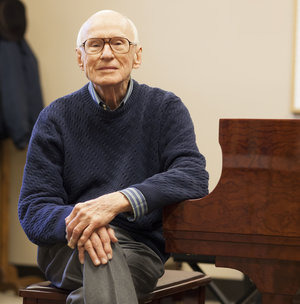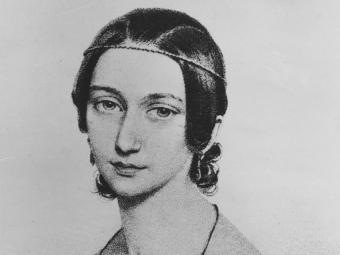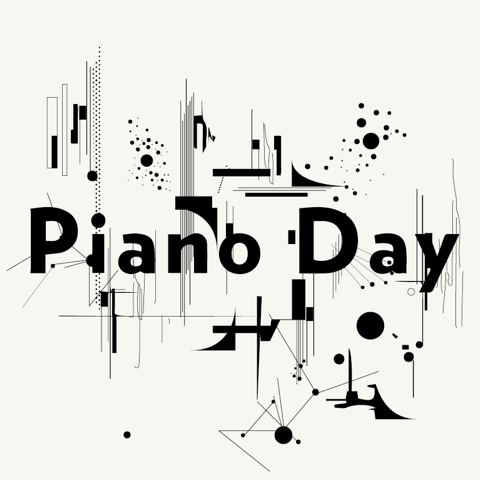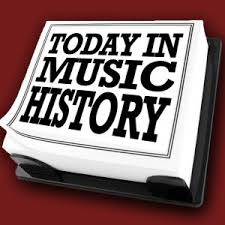
Time Magazine Milestones: Jan. 26, 1968
Died. Howard Lebow, 32, U.S. concert pianist; of injuries suffered in an automobile accident; in Amherst, Mass. One of the youngest and most promising of U.S. pianists, Lebow toured 15 countries after his 1963 Manhattan solo debut, played the works of such modern composers as Edward Levy and Erich Kahn with an adventurousness that sometimes startled the critics but more often won their applause.
Howard Lebow The University of Massachusetts Department of Music has established a trust fund for scholarships to assist both graduate and undergraduate music students in memory of the late Howard M. Lebow, professor of piano and concert artist whose untimely death in an automobile accident in January cut short a brilliant musical career. The scholarships will be awarded to students, selected by a special music committee, who demonstrate musical potential according to the ideals and standards of excellence that Lebow set for himself and for his students.
Lebow was graduated from the Juilliard School of Music in 1957, received his master’s degree in 1959, and was the winner of the school ‘ s highest pianistic honor, the Morris Loeb Memorial Prize. He studied at the State Academy of Music in Hamburg, Germany; the International Institute for New Music in Darmstadt, Germany; and the Mozarteum Summer Academy in Salzburg, Austria.
He studied under Edward Steuermann, a pupil of composer Ferruccio Busoni, and became well-known for his performances of Busoni ‘ s works. Lebow came to the University of Massachusetts in 1965 to assume his position as Assistant Professor of Piano. Internationally acclaimed as a remarkable pianist by music critics, Lebow was widely recognized as having a faultless technique, a richly varied touch, and a distinctive feeling for style. ” It is only Lebow, ” said the Darmstaedter Echo, ” who puts every fiber of his body and soul into the keys and truly performs with the utmost clarity, transparentness and plasticity. ” Dr. Philip Bezanson, head of the department said, ” The music department feels this memorial fund is a most fitting way to perpetuate the memory of Howard Lebow. He was actively interested in trying to develop scholarships for the music department. Because of his genuine interest in talented students it is most fitting that talented students should continue to receive help in his name. ”
~~~~~~~~
Howard Miles Lebow was an accomplished concert pianist and composer who was first celebrated during his tenure as a student at Julliard School of Music where he earned both his BA and MFA. While at Julliard, Lebow studied under Edward Steuermann, a pupil of composer Ferruccio Busoni, and was acclaimed for his performances of Busoni’s works. Lebow exceled as a pianist, performing in fifteen countries across Europe and the Americas. Appointed to the post of Assistant Professor of Piano at the University of Massachusetts in September 1965, Lebow lectured and performed until his untimely death in 1968 at age 32. Although known for his interpretations of contemporary music, Lebow was equally at home in the entire piano literature; one of his last and most memorable recitals was devoted to the music of Franz Liszt, another artist whom he had studied and whom he greatly admired. After his death, the Howard M. Lebow Scholarship Fund was established (1968).
http://www.nyyouthsymphony.org/concerts/1964-1965/orchestra/spring-concert
Howard Lebow
The University of Massachusetts Department of
Music has established a trust fund for
scholarships to assist both graduate and
undergraduate music students in memory of
the late Howard M. Lebow, professor of piano
and concert artist whose untimely death in an
automobile accident in January cut short a
brilliant musical career. The scholarships
will be awarded to students, selected by a
special music committee, who demonstrate
musical potential according to the ideals
and standards of excellence that Lebow set
for himself and for his students.
Lebow was graduated from the Juilliard School
of Music in 1957, received his master’s
degree in 1959, and was the winner of the
school’s highest pianistic honor, the
Morris Loeb Memorial Prize. He studied at
the State Academy of Music in Hamburg,
Germany; the International Institute for New
Music in Darmstadt, Germany; and the
Mozarteum Summer Academy in Salzburg, Austria.
He studied under Edward Steuermann, a pupil
of composer Ferruccio Busoni, and became
well-known for his performances of Busoni’s
works.
Lebow came to the University of Massachusetts
in 1965 to assume his position as Assistant
Professor of Piano.
Internationally acclaimed as a remarkable
pianist by music critics, Lebow was widely
recognized as having a faultless technique,
a richly varied touch, and a distinctive
feeling for style. “It is only Lebow,” said
the Darmstaedter Echo, “who puts every fiber
of his body and soul into the keys and truly
performs with the utmost clarity,
transparentness and plasticity.”
Dr. Philip Bezanson, head of the department said, “The music department feels this memorial fund is a most fitting way to perpetuate the memory of Howard Lebow. He was actively interested in trying to develop scholarships for the music department. Because of his genuine interest in talented students it is most fitting that talented students should continue to receive help in his name.”
https://archive.org/stream/index1968univ/index1968univ_djvu.txt
http://scua.library.umass.edu/umarmot/lebow-howard/
Howard Lebow was my piano teacher my freshman year at UMass. I was devastated over Christmas break to learn that he had died in a car crash. He had been walking on campus and was hit by a driver. 😦




